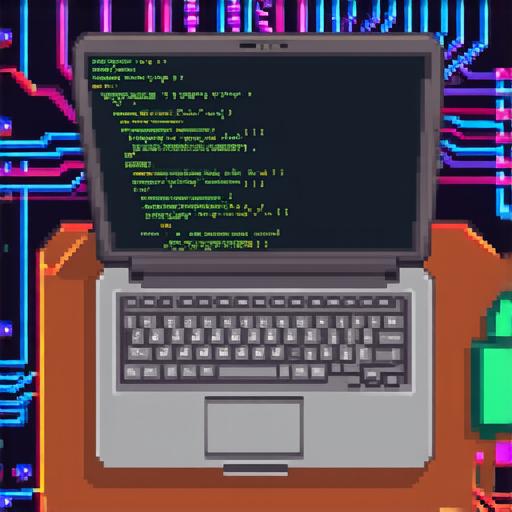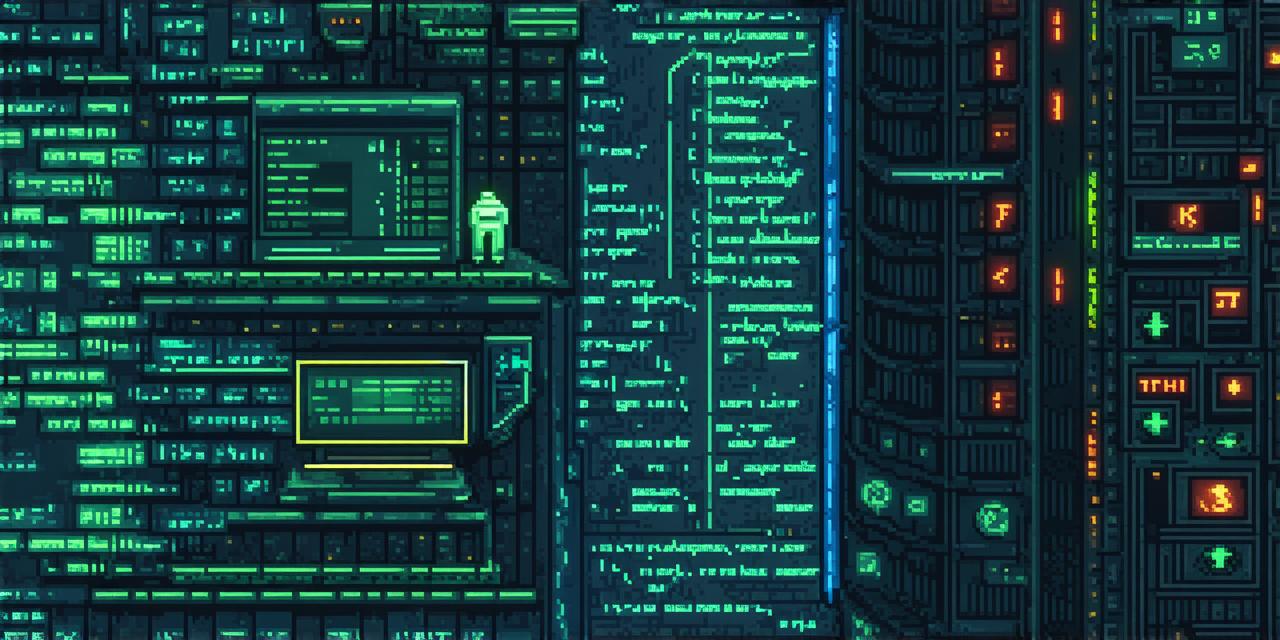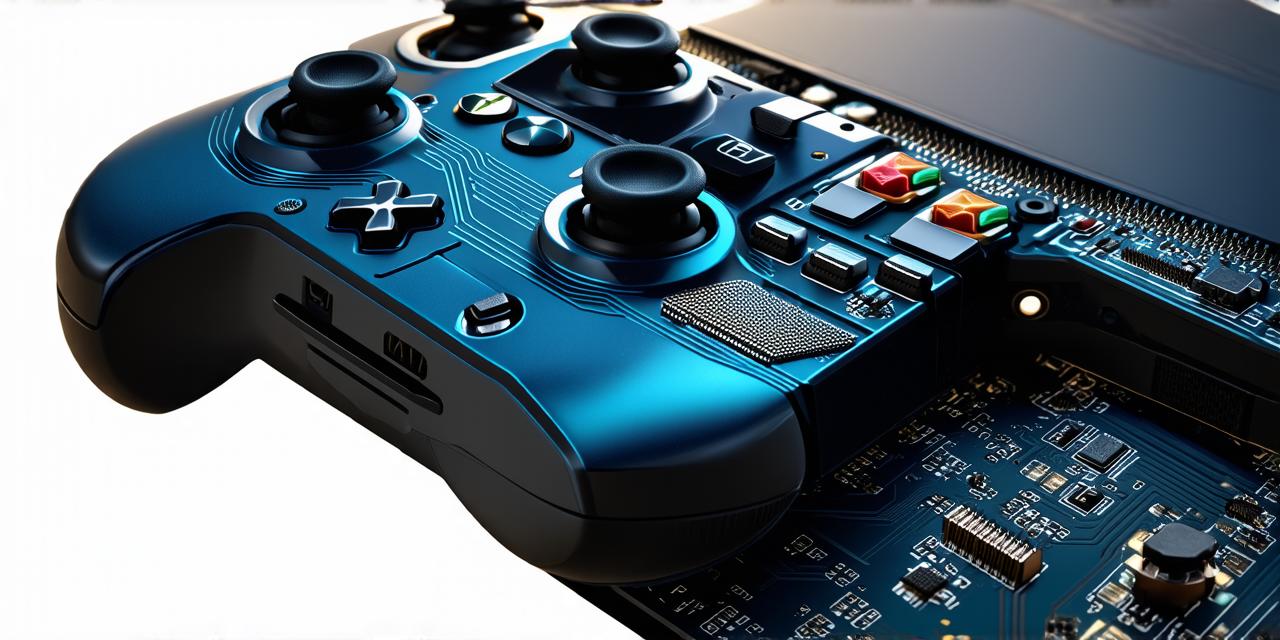Python is an incredibly popular and versatile programming language that is widely used in various fields such as web development, data science, machine learning, and artificial intelligence. However, did you know that Python can also be used to develop games? In this comprehensive guide, we will explore the world of game development using Python, including its advantages, tools, and techniques.
Advantages of Using Python for Game Development

Python is a highly flexible language that allows developers to easily create games for various platforms, such as Windows, Mac, Linux, and mobile devices. With Python, developers can choose from a wide range of game engines, libraries, and frameworks that suit their needs and preferences.
Easy Learning Curve
Python is known for its simplicity and ease of use, making it an excellent choice for beginners who are new to programming. Its intuitive syntax and readability make it easy to learn and understand, allowing developers to start creating games quickly.
Large Community
Python has a large and active community of developers who contribute to various open-source projects, including game development. This community provides excellent resources, tutorials, and forums that can help developers overcome any challenges they may encounter while developing games using Python.
Portability
Python is a cross-platform language that runs on all major operating systems, making it easy to develop games that can be played on various devices. Developers can use the same codebase to create games for multiple platforms, saving time and resources.
Tools and Frameworks for Game Development Using Python
Pygame
Pygame is a popular game development framework written in Python that provides developers with a set of tools and libraries to create 2D and 3D games for various platforms. It includes features such as graphics, sound, and input handling, making it an excellent choice for beginners who want to create simple games.
Unity3D
Unity3D is a popular game engine that supports Python development through the use of Unity’s scripting language, C. However, Unity3D also provides developers with a set of tools and plugins that can be used to create games using Python, making it an excellent choice for experienced developers who want to create more complex games.
PyOpenGL
PyOpenGL is a cross-platform graphics library written in Python that allows developers to create 3D graphics applications using OpenGL, one of the most widely used graphics APIs. It provides developers with a set of tools and functions to create high-performance 3D games for various platforms.
Pygame Zero
Pygame Zero is a beginner-friendly game development framework written in Python that simplifies the process of creating games using Pygame. It includes features such as a visual editor, built-in game templates, and a simple syntax that makes it easy for beginners to create games quickly.
Case Studies and Personal Experiences
Game Development with Pygame
As a beginner in game development, I chose to use Pygame to create my first 2D game. I found the framework easy to use, and its documentation provided me with all the information I needed to get started. With Pygame, I was able to create a simple platformer game that ran smoothly on various platforms.
Game Development with Unity3D
As an experienced developer, I decided to use Unity3D to create a more complex 3D game. I found the engine easy to use and its scripting language provided me with all the tools I needed to create a high-performance game. With Unity3D, I was able to create a realistic first-person shooter game that ran smoothly on various platforms.
Game Development with PyOpenGL
As a graphics developer, I chose to use PyOpenGL to create a 3D graphics application. I found the library easy to use and its documentation provided me with all the information I needed to get started. With PyOpenGL, I was able to create a high-performance 3D game that ran smoothly on various platforms.
Best Practices for Game Development Using Python
Modular Design
Python’s modular design allows developers to create games in smaller, more manageable modules, making it easier to maintain and update the codebase. This approach also allows developers to reuse code across different modules, saving time and resources.
Efficient Coding
Python’s simple syntax and readability make it easy to write efficient code that runs smoothly on various platforms. Developers should aim to write clean and concise code that is easy to understand and maintain.
Testing and Debugging
Python provides developers with a wide range of testing and debugging tools that can be used to identify and fix bugs in the codebase. Developers should make sure to test their games thoroughly before releasing them, ensuring that they run smoothly on all platforms.
FAQs
What is the best game development framework for beginners?
Pygame is a popular game development framework written in Python that provides developers with a set of tools and libraries to create 2D and 3D games for various platforms. It includes features such as graphics, sound, and input handling, making it an excellent choice for beginners who want to create simple games.
Can Unity3D be used with Python?
Unity3D supports Python development through the use of Unity’s scripting language, C. However, Unity3D also provides developers with a set of tools and plugins that can be used to create games using Python, making it an excellent choice for experienced developers who want to create more complex games.
What is the best approach for game development using Python?
Modular design is the best approach for game development using Python. Python’s modular design allows developers to create games in smaller, more manageable modules, making it easier to maintain and update the codebase. This approach also allows developers to reuse code across different modules, saving time and resources.
Conclusion
Python is a powerful and versatile programming language that can be used for various purposes, including game development. With its flexibility, ease of use, large community, portability, and




